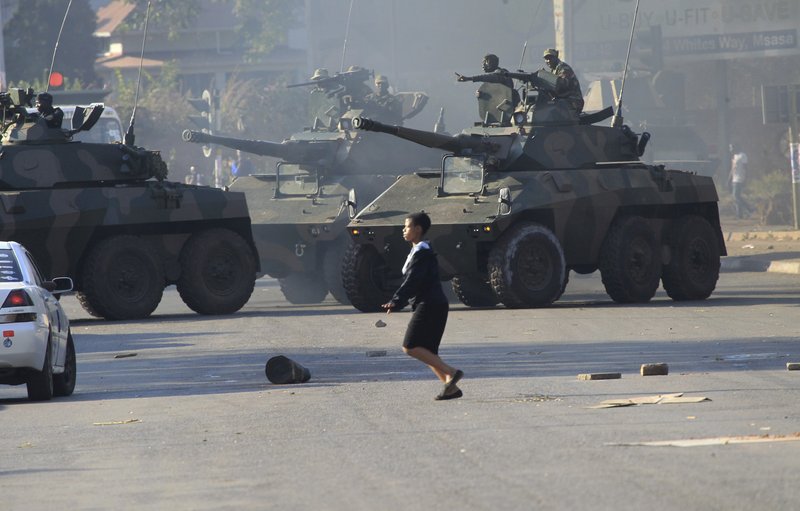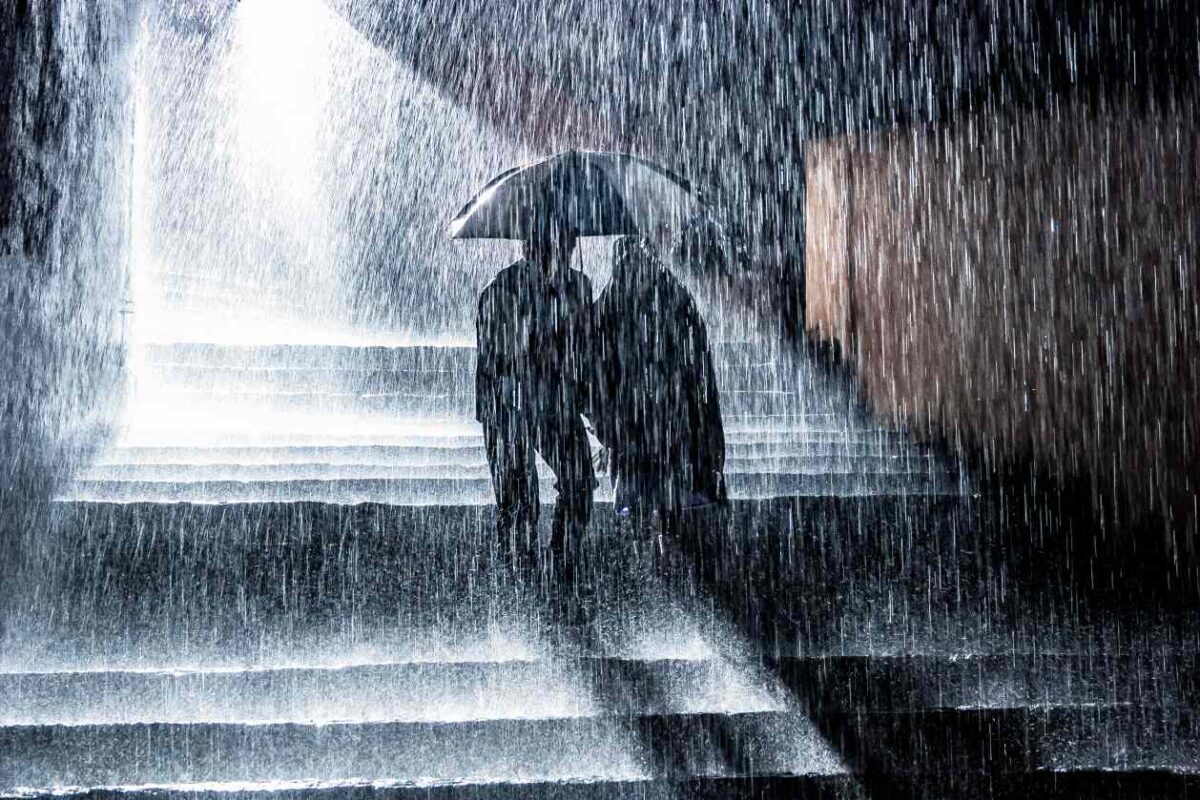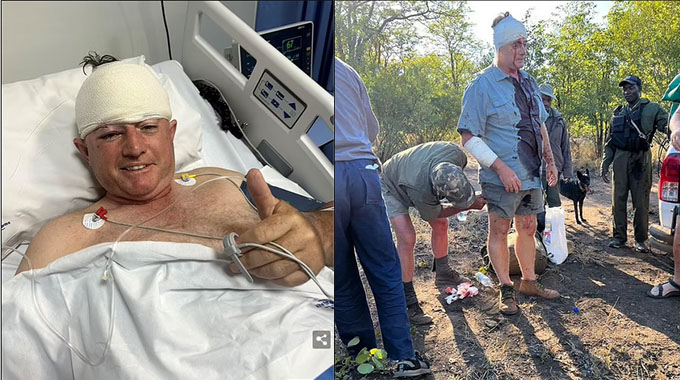SOMETIME in 1990, we had a visitor at our home in Nyanga where we had recently transferred after my father’s promotion from Patrol Officer to Section Officer, before the rank was converted to Assistant Inspector.
The visitor was a senior police officer who we somehow called Sekuru and I had no idea what the relationship was and where its origins came from. During a conversation in the lounge, I managed to speak about Maurice Nyagumbo. Willowgate, Edgar Tekere and ZUM as freely and innocently as a nine-year-old who was encouraged to watch the news and read the papers could only do.
I found myself immediately exiled to my room and never to speak my political opinions in front of guests ever again. My punishment involved missing the WWF that was about to be on TV and that rankled the most. My parents, my dad a senior police officer in the area and my mom, a teacher, were afraid. They could not trust “Sekuru” who was in Zanu PF and his opinion of them would be affected seriously with unknown consequences for them. I had always been encouraged to think freely and speak freely but that day I was brought back to reality and instilled with fear about the danger of Zanu PF.
I write about this childhood memory because of the events from August 1 to now, where a calculated military and political operation to cow Zimbabweans and rule them by fear is taking place.
“Since love and fear can hardly exist together, if we must choose between them, it is far safer to be feared than loved.” —Niccolò Machiavelli, The Prince, 1513
Zimbabweans have always been afraid of their governments. The fear of the Rhodesian police and army has never ending tales that even went to the description of the slap of a policeman. The brutality of the liberation struggle also increased the fear levels in the people. You could not clearly support one side without facing death or torture. The fear of the police or army did not end at independence, we just inherited and perpetuated the same Rhodesian strategy to good effect. The only change we had was motos and logos, but the policeman remained feared and so did the soldier.
Tales are told of the torture experienced in the rural areas, the white soldier looking for the Gandanga (freedom fighter) and punishing or killing anyone supporting or aiding their cause including putting people in concentration camps known as Keeps or what the Rhodesian government termed Protected Villages. On the other hand, anyone suspected to be a sellout was also brutalised by the liberation army. In the rural areas, the fear of the reprisal of being against the comrades and consequently Zanu PF has always resulted in the currency of fear making rural areas complete Zanu PF territories. From the early 2000s, war veterans and Zanu PF have withdrawn from the bank vault of fear to control rural territories.
“Like other animals, we humans can learn fear from experience, such as being attacked by a predator. We also learn from observation, such as witnessing a predator attacking another human. And, we learn by instructions, such as being told there is a predator nearby. Learning from our conspecifics – members of the same species – is an evolutionary advantage that has prevented us from repeating dangerous experiences of other humans,” according to Arash Javanbakht, an assistant professor of psychiatry at Wayne State University.
“We tend to trust our tribe mates and authorities, especially when it comes to danger. It is adaptive: Parents and wise old men told us not to eat a special plant, or not to go to an area in the woods, or we would be hurt. By trusting them, we would not die like a great-grandfather who died eating that plant. This way we accumulated knowledge.”
The urban populace has been relatively free of fear, not to say there have been no attempts to instill fear in them hence the panicked reaction my parents had to my conversation and comments with the visiting uncle. In the late 80s, people still feared the youth brigades that Zanu PF had in almost every area. In the late 90s and early 2000s I remember tales of minibus taxis or buses being commandeered to Southerton Police Station just because people where discussing opposition politics on their way to or from work. It may or may have been untrue, but it served the purpose that you should be suspicious of everyone lest you would get a beating or jailing. It was said then that the CIO was everywhere and so were informers, so any criticism of the government was done with a lot of fear.
The Daily News, Zimbabwe’s first independent daily, was also used to illustrate how fearsome the regime was. Tales used to abound of how minibuses would be stopped moving past State House in Harare and if anyone had the daily paper they would be made to chew and swallow it. The same would apparently happen if war veterans found you with the paper on a trip to the rural areas. In the end, the Daily News was bombed just to show that no other voice was allowed. Foreign journalists were banned and deported as a show of force and to make it clear that only one voice was allowed. National service resulted in the formation of the indoctrinated youth militia commonly referred to as Green Bombers who were a tool of instilling fear in the populace.
For whatever reason, however, these efforts never resulted in complete control of the urban vote. Whilst open opposition has always come with an element of risk, the urbanites and most of Matabeleland still would vote for the opposition.
People have been murdered, jailed, tortured and disappeared for being activists or speaking against the government. We have always lived and existed in fear of the state. The relative safety of the diaspora being the exception.
So, after the Arab Spring and so many other popular uprisings, it has dawned on Zanu PF that the only threat to their hold on power is a popular uprising or protests. This threat will not come from the rural areas where they have always used the most violence and coercion but from the urban youth. From August 1, the tactic has been clear, and it is to use brutal force through shock and awe tactics to deter anti-government protests.
Live ammunition had never been used on demonstrators in Zimbabwe before but faced with an emboldened youth, coupled with an insecure grip on power, the junta regime decided to implement a scorched earth policy. The intended result is to make protests untenable and opposition politics a very dangerous exercise. If this tactic succeeds, then the regime would have eliminated its only threat as clearly elections are an easy option to rig with the complacence of the likes of the African Union and SADC. It is quite clear that if the ruling parties hold all the instruments of power, they can manipulate election results and if they can stop protests then they can continue ruling wantonly box ticking elections every five years.
“Once a government resorts to terror against its own population to get what it wants, it must keep using terror against its own population to get what it wants. A government that terrorises its own people can never stop. If such a government ever lets the fear subside and rational thought return to the populace, that government is finished,” Michael Rivero once said.
The government has consistently relied on fear and Zimbabwe has never been free from fear over the ages. There has been fear in the colonial error, we have had fear in the post-independence era and the only ray of freedom is being quickly extinguished. With no civil war in place and a sitting so called democratically elected government, how can we explain the deployment of the army in every city and every neighbourhood except for the need to instil fear?
Whilst the idea of instilling constant fear might be the only solution available to the unpopular, there runs a big risk of radicalisation. The targeting of anyone above the age of 14 is meant to be a long-term plan but what happens then when there is nothing more to fear? If people have been shot, maimed and killed there may soon be nothing left to fear.















